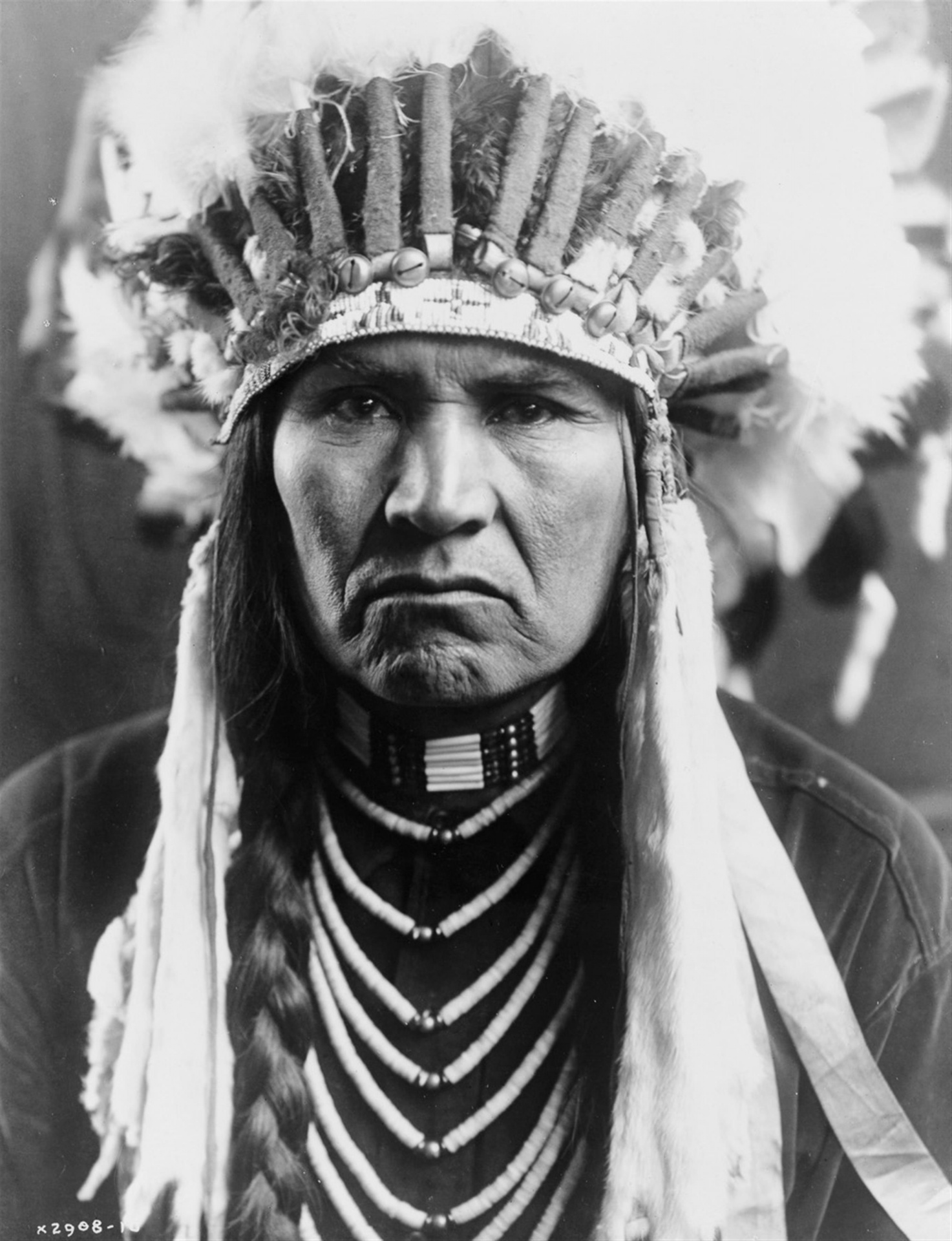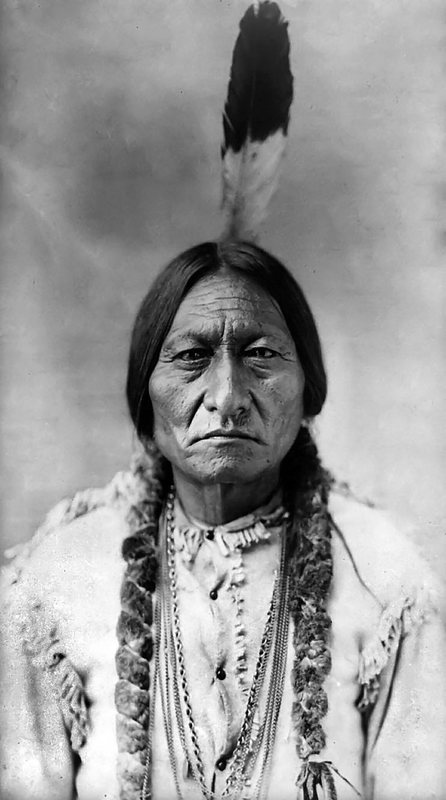Chief Justice Roberts Reacts To Trump's Comments On Judges: A Look At The Judiciary's Stand
A truly unusual moment unfolded when Chief Justice John Roberts, the highest judicial officer in the United States, made a rare public statement. This was, in a way, a direct response to some very strong words from then-President Donald Trump about federal judges. It really showed, too, a deep concern about what seemed like attacks on the country's court system.
The chief justice's words came after President Trump had, as a matter of fact, called for a federal judge to be impeached. This particular judge had ruled against the administration in a case involving the swift deportation of certain noncitizens. The situation quickly sparked a lot of discussion, elevating big questions about how independent our judges really are.
This important exchange, as you know, ignited a firestorm of debate. It brought to the forefront basic questions about the independence of the judiciary and the role, perhaps, of political pressure when it comes to shaping legal decisions. The implications, quite frankly, stretch far beyond just the courtroom, possibly affecting public trust and, in a way, the very fabric of American democracy itself.
- Juliana Aid%C3%A9n Martinez
- Ojos Locos Lynwood
- Entertainment Partners
- Pacific City Or Weather
- True Fab Seattle
Table of Contents
- The Spark: Trump's Remarks and the Judge in Question
- Chief Justice Roberts' Unprecedented Response
- John Roberts: A Brief Look at the Chief Justice
- Why This Exchange Matters
- The Aftermath and Ongoing Debate
- Frequently Asked Questions
- Conclusion
The Spark: Trump's Remarks and the Judge in Question
President Donald Trump, as a matter of fact, had been quite vocal in his criticism of judges who made decisions that went against his administration's wishes. This wasn't, you know, a completely new thing. But the situation escalated significantly when he specifically called for the impeachment of a federal judge. This judge, it turns out, had put a hold on the swift deportation flights of noncitizens, who were alleged to be members of the Tren de Aragua gang. This particular ruling, naturally, drew the president's ire, and he expressed his displeasure quite openly.
The call for impeachment was, in a way, a very strong step. It showed a new level in the ongoing fight between the White House and the judiciary. For a president to suggest removing a judge for a ruling he disagreed with is, basically, a big deal. It raised immediate questions about the proper boundaries between the executive branch and the judicial branch of government. This kind of public demand, you know, tends to create quite a stir.
The judge in question, whose name was Boasberg, had issued a ruling that, to be honest, didn't align with the administration's immediate goals regarding immigration enforcement. The president's reaction was, apparently, swift and very public. This specific event set the stage for Chief Justice Roberts' response, which, as we'll see, was also quite rare and significant in its own right. It really highlighted the tension that had been building.
- Weather Michigan City Indiana
- Baby Pitbull
- Hawks Score
- Fort Lauderdale Weather Hour By Hour
- Tottenham Vs Brentford
Chief Justice Roberts' Unprecedented Response
Chief Justice John Roberts issued a truly unusual statement on a Tuesday, pushing back on President Donald Trump's increasingly strong words against the federal judiciary. This statement, you know, appeared to be directly aimed at the president and his allies. It was, in some respects, a very clear rebuke from the head of the Supreme Court. Such public comments from a Chief Justice, particularly in response to a sitting president, are almost unheard of in modern times.
Roberts' statement, which was released after Trump called for Judge Boasberg's impeachment, was brief but packed with meaning. He stated that "for more than two" centuries, the country has had an independent judiciary. This simple phrase, basically, underscored a bedrock principle of American governance. It suggested, quite strongly, that the president was, perhaps, defying this very important foundation. It was, you know, a powerful message conveyed with very few words.
The chief justice's rebuke of President Donald Trump for urging the impeachment of a federal judge really laid bare the tensions between the country's branches of government. It was, arguably, the "shot heard around the world of social media" on that Tuesday. This kind of direct pushback from the Supreme Court's most senior justice comes, too, as Trump and his supporters had repeatedly criticized judges who had ruled against his administration. Roberts' actions showed, very clearly, a deep concern about these attacks on the courts and what they might mean for the future.
John Roberts: A Brief Look at the Chief Justice
John Roberts, born in Buffalo, New York, in 1955, has served as the Chief Justice of the United States since 2005. He was nominated to the Supreme Court by President George W. Bush. Before becoming Chief Justice, he had a distinguished legal career, including serving on the U.S. Court of Appeals for the D.C. Circuit and working in the Department of Justice. He is, in a way, known for his thoughtful approach to the law and his focus on the institutional integrity of the Supreme Court. His leadership has often involved, as a matter of fact, trying to maintain the court's reputation as a non-political body.
His tenure as Chief Justice has seen him preside over many significant cases and, as you might expect, navigate various political landscapes. He is, you know, often seen as a moderate conservative, sometimes siding with the court's liberal wing in certain decisions. His commitment to the judiciary as an independent branch of government is, apparently, a hallmark of his judicial philosophy. This commitment, too, was very much on display during his rare public response to President Trump's comments. He has, basically, a long history of defending the court's role.
Personal Details & Bio Data
| Full Name | John Glover Roberts Jr. |
| Born | January 27, 1955 |
| Birthplace | Buffalo, New York, U.S. |
| Education | Harvard University (A.B., J.D.) |
| Appointed to Supreme Court | 2005 |
| Appointing President | George W. Bush |
| Role | Chief Justice of the United States |
Why This Exchange Matters
This significant exchange between Chief Justice Roberts and President Trump truly ignited a firestorm of debate, and for good reason. It brought to the surface some very basic and important questions about the foundations of American governance. The implications of such a public disagreement, as a matter of fact, extend far beyond the immediate news cycle. They touch upon, in a way, the very core principles that hold our system together. It was, you know, a moment that made many people pause and think deeply about our institutions.
Independence of the Judiciary
One of the most important aspects of this whole situation is the concept of judicial independence. The idea is that judges should be free to make decisions based on the law and the facts, without being swayed by political pressure or fear of retaliation from other branches of government. When a president calls for a judge's impeachment because of a ruling, it can be seen as an attempt to exert political pressure. Roberts' statement, basically, defended this fundamental principle. He reminded everyone that an independent judiciary is, apparently, a bedrock of our system, something that has been in place for more than two centuries. This principle, too, is what helps ensure fair and impartial justice for everyone.
Public Trust and Democracy
The implications of this kind of public disagreement, as you might imagine, extend far beyond the courtroom itself. They potentially impact public trust in the judiciary. If people start to believe that judges are just making decisions based on political whims or fear of presidential backlash, then faith in the justice system could, quite frankly, erode. This erosion of trust could, in some respects, weaken the very fabric of American democracy. A strong, independent judiciary is, after all, a crucial check on the power of the other branches. When that check seems to be under threat, it affects everyone. It's about, you know, maintaining belief in the system.
Political Pressure and Legal Decisions
This significant change, or rather, this significant interaction, also elevated elementary questions about the role of political strain in shaping authorized selections. Judges are meant to interpret the law, not to please political figures. When political leaders publicly criticize or threaten judges for their rulings, it raises concerns about whether future legal decisions might be influenced by such pressure. Roberts' rare statement was, basically, a strong pushback against this very idea. It was a clear message that judges should not, you know, "fall in line with his wishes," as some might have hoped. This debate, too, is about preserving the integrity of legal processes.
The Aftermath and Ongoing Debate
Donald Trump, as a matter of fact, reacted to the rebuke from Supreme Court Chief Justice John Roberts. This came after the president had called for a judge, who ruled against him in a deportation case, to be impeached. The White House had, basically, been engaged in an intense fight with the judiciary for some time. By calling for a judge’s impeachment, Trump, in a way, just took that fight to a new level. It was, you know, a very public escalation of an already tense relationship.
The chief justice's rebuke was, apparently, a significant moment. Supreme Court Chief Justice John Roberts scolded President Trump for demanding that a federal judge who blocked the swift deportation of Venezuelan gang members be impeached. This important trade, as we discussed, ignited a firestorm of debate. It continues to elevate elementary questions concerning the independence of the judiciary and the function of political strain in shaping authorized selections. The implications, you know, prolong far beyond the courtroom, probably impacting public belief and the very cloth of American democracy.
Even today, the echoes of this exchange can still be heard in discussions about judicial independence and the balance of power. This significant change has, in a way, ignited a firestorm of debate, elevating elementary questions about the independence of the judiciary and the role of political stress in shaping authorized selections. The White House's ongoing engagement with the judiciary remains a topic of considerable interest. It’s a reminder that the relationship between these branches is, basically, always evolving and sometimes, as a matter of fact, quite contentious. You can learn more about the American judicial system on our site, and link to this page for further reading on constitutional law.
Frequently Asked Questions
What did Chief Justice Roberts say about Trump's comments on judges?
Chief Justice John Roberts issued a rare public statement, basically, rebuking President Donald Trump for his comments. He emphasized the importance of an independent judiciary, stating that the country has had one for "more than two" centuries. This was, you know, a strong defense of the courts' role.
Why was Chief Justice Roberts' statement considered unusual?
It was considered highly unusual because Chief Justices rarely, if ever, make public statements directly criticizing a sitting president. Roberts' decision to do so highlighted, in a way, his deep concern about attacks on the courts and what he perceived as a threat to judicial independence. It's not, you know, something that happens often.
What was the context of Trump's comments that prompted Roberts' reaction?
President Trump had called for the impeachment of a federal judge who had ruled against his administration in a case. This specific case involved putting a hold on the swift deportation of noncitizens alleged to be members of the Tren de Aragua gang. Trump's comments were, basically, part of his broader criticism of judges who made decisions he disagreed with.
Conclusion
The public exchange between Chief Justice John Roberts and President Donald Trump was, in a way, a truly defining moment. It clearly showed Roberts' deep concern about what he saw as attacks on the country's courts. His rare rebuke, basically, came after Trump had called for a federal judge to be impeached. This judge, as you know, had ruled against the administration in a deportation case. The Supreme Court's most senior justice, Roberts, praised Donald Trump at a secret meeting with judges as he sought to address concerns that the president could spark a constitutional crisis, then later publicly pushed back on escalating rhetoric. This whole situation, too, brought to light very important questions about the independence of our judges and the impact of political pressure on legal decisions. It was, you know, a significant event that sparked a wide debate.

Historical Indian American Chief Free Stock Photo - Public Domain Pictures

Great Native American Chiefs | Tatanka-Iyotanka (aka Sitting Bull

Austin Praises Outgoing Army Chief of Staff > U.S. Department of